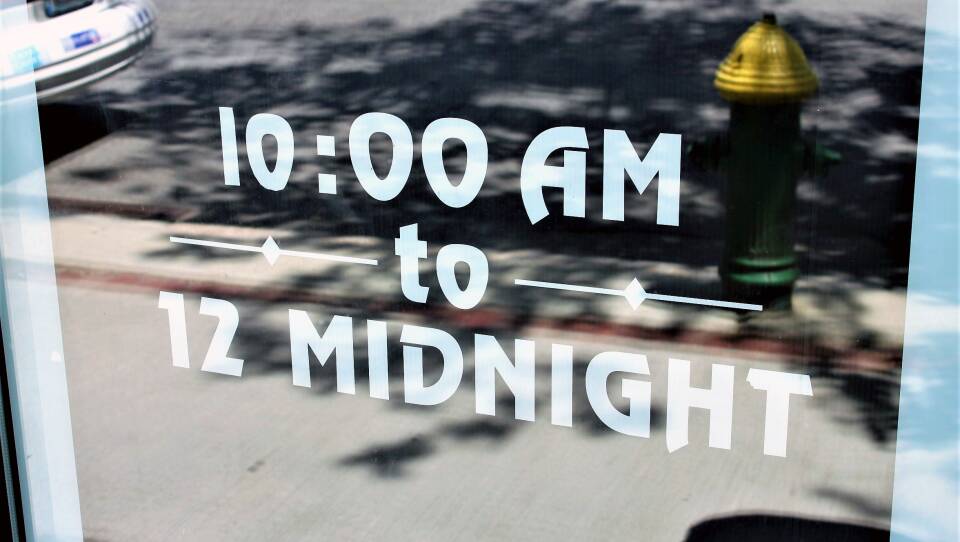Michael is not surprised to hear that Robert Kraft, owner of the New England Patriots, was charged with soliciting prostitution in a Florida massage parlor. That’s because this middle-aged executive — although not a billionaire — also is a well-heeled Boston-area businessman and has frequented the same kind of places.
While Kraft denies the allegations, Michael admits he spent years visiting erotic massage parlors miles from his family home and all around the world.
“I know very powerful men who put everything at risk for just a few minutes of pleasure,’’ he said, which is usually quickly followed by shame. “It brings me sadness for people who are involved.”
Michael is not his real name. He asked for anonymity to protect his and his family’s privacy. But he wants people to understand that what he describes as a destructive sex addiction nearly ruined his life — and how he was able to recover.
He says that at the time he didn’t like to think about the women whose sexual services he was buying, but now he wishes he could help them escape. One woman, whose daughter he glimpsed in a back room of a massage parlor, is particularly troubling — he thinks the woman worked and lived in the same place.
“It’s heartbreaking when you see them,’’ he said by phone this week. “Once you know, you can’t unknow.”
Long before Kraft was allegedly caught on video buying sex in a strip mall massage parlor in Florida, we at the New England Center for Investigative Reporting and WGBH News spent months examining the ubiquitous illicit massage industry in Massachusetts and across the United States. We talked to women who detailed being raped and robbed and we spoke to men like Michael who shared their stories of addiction. We interviewed law enforcement, well aware of many of these locales, but who say shutting them all down takes a level of resources they don’t have.
We published our findings in a story in January 2018 in The Boston Globe as well as a five-part series on WGBH radio. But nothing can compare to the wave of attention on commercial sex prompted by the charges against Bob Kraft.
The Patriots owner was among some 200 men charged with prostitution as part of a sweeping law enforcement investigation of Florida massage parlors where authorities say women were forced into an alleged sex trafficking ring with ties to China. Among the ensnared were other wealthy men, including Boston-area private equity investor John Childs. Childs also denied breaking the law.
The case raises the obvious question: What is it about rich, powerful people craving illicit cheap sex? The storefront spas that were the subject of the investigation offered sex acts for as little or less than $100. William Snyder, sheriff of Martin County, who opened the four-county investigation in Florida, described the sex buyers as “monsters” for allegedly preying on exploited women who stayed in the parlors 24 hours a day and slept on massage tables.
Watertown psychologist Joel Ziff, a sex addiction therapist who has worked with hundreds of men, says he can’t say what may have prompted Kraft to allegedly go to Orchids of Asia Spa in Jupiter, Fla., in January for back-to-back visits.
But he said men’s behavior can become addictive — where risks of being caught, catching a sexually transmitted disease, and the treatment of exploited women are minimized. An increasing number of men become sex buyers, he said, after first developing an addiction to online pornography. Illicit massage parlors can be a gateway into other forms of commercial sex, he says, because they appear safer and are less pricey.
They are also ubiquitous. There are an estimated 9,000 illicit massage businesses across the United States, with annual revenue of about $2.5 billion, according to the nonprofit Polaris Project. Massachusetts is home to an estimated 230 such businesses.
Ziff said many of his clients either have been caught by their spouses or by law enforcement and want to stop. They are ashamed, their lives in tatters. He hopes the attention generated by Kraft’s case will help others to seek help. “They can get treatment and they can change their lives, ‘’ he said.
Many antitrafficking groups say that until demand is reduced, the problem will never go away. But most don’t get caught. Even when approached by law enforcement, buyers are often simply interviewed and let go. The Florida sting shows how more and more law enforcement are focusing on buyers.
Michael, the wealthy Boston-area businessman, said he stopped frequenting massage parlors after being caught by his wife. Recovery included a six-week residential program, therapy, and meetings with men’s groups. He communicates with one group every day. And recently, they discussed Kraft’s allegations. Instead of seeing a monster, they felt bad for him.
“All of us have stood at the brink and looked disaster in the face,’’ he said. “I hope this story will persuade some guys to get help.”
This opinion piece first appeared on the Boston Globe's website. The New England Center for Investigative Reporting is a nonprofit news center based out of Boston University and WGBH News. Jenifer McKim can be reached at jenifer.mckim@necir.org.






